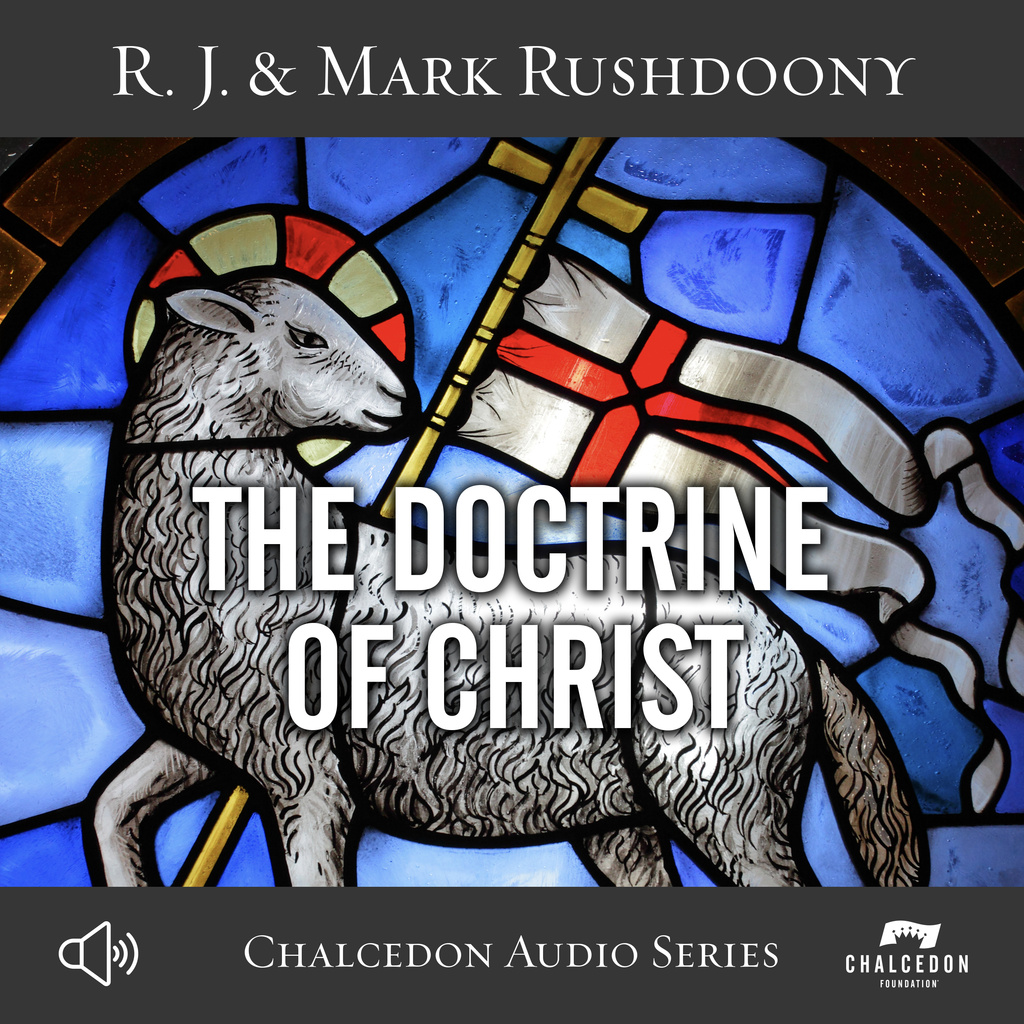
The Divine Exegesis
In John 1:18 we are told: “No man hath seen God at any time, but the only begotten Son which is in the bosom of the Father, He hath declared Him.” The word ‘declared’ in the Greek is related to our word ‘exegesis,’ the root of the word is ‘to lead out’ it means to make known, to declare by setting forth openly, to bring out or to bring forth. Jesus Christ, John says, is the exegesis of God. He declares, He reveals, He sets forth the meaning of the Covenant God in the fullness of His meaning.

- R. J. Rushdoony
In John 1:18 we are told: “No man hath seen God at any time, but the only begotten Son which is in the bosom of the Father, He hath declared Him.” The word ‘declared’ in the Greek is related to our word ‘exegesis,’ the root of the word is ‘to lead out’ it means to make known, to declare by setting forth openly, to bring out or to bring forth. Jesus Christ, John says, is the exegesis of God. He declares, He reveals, He sets forth the meaning of the Covenant God in the fullness of His meaning.

- R. J. Rushdoony
Rev. R.J. Rushdoony (1916–2001), was a leading theologian, church/state expert, and author of numerous works on the application of Biblical law to society. He started the Chalcedon Foundation in 1965. His Institutes of Biblical Law (1973) began the contemporary theonomy movement which posits the validity of Biblical law as God’s standard of obedience for all. He therefore saw God’s law as the basis of the modern Christian response to the cultural decline, one he attributed to the church’s false view of God’s law being opposed to His grace. This broad Christian response he described as “Christian Reconstruction.” He is credited with igniting the modern Christian school and homeschooling movements in the mid to late 20th century. He also traveled extensively lecturing and serving as an expert witness in numerous court cases regarding religious liberty. Many ministry and educational efforts that continue today, took their philosophical and Biblical roots from his lectures and books.